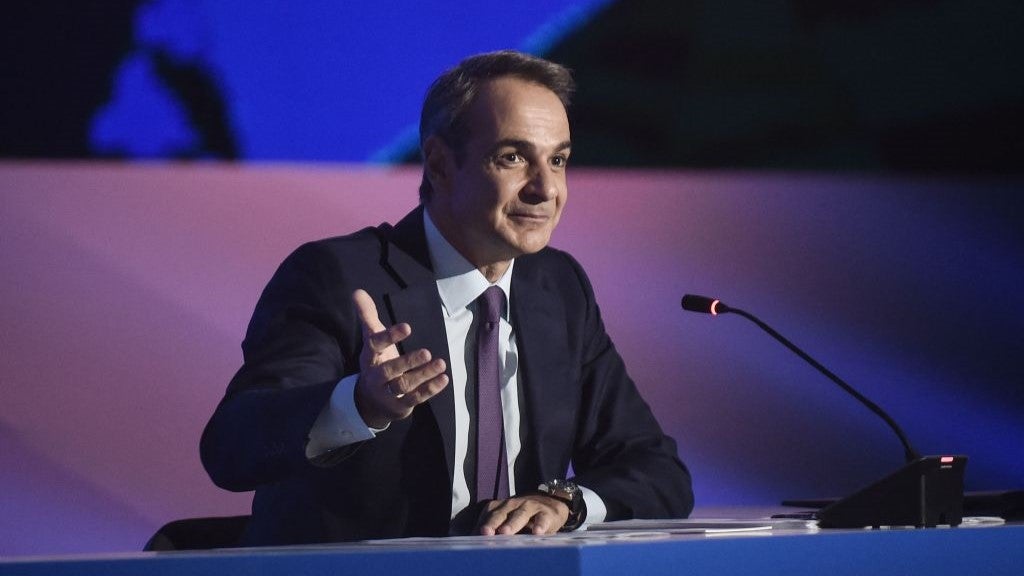Greece's Prime Minister Kyriakos Mitsotakis has announced that the accommodation levy will be increasing by between €1 and €6 per night, with much of the new revenue expected to come from luxury hotels.
Speaking in Thessaloniki on Saturday (16 September), Mitsotakis said the tax will double the budget backstop for climate disasters in Greece, increasing special reserves from €300m ($320m) to €600m.
The move comes after Greece was hit by the biggest forest fires and floods in the country’s history this year.
Throughout July and August, tens of thousands of residents and tourists were evacuated because of prolific wildfires, with over 20,000 evacuated from Rhodes in July alone. In September, Storm Daniel flooded around 140,000 hectares nationally, leaving at least 15 dead, drowning wildlife and destroying infrastructure.
Despite that, GlobalData's jobs analytics database shows a booming industry, knocked by the pandemic but now fully recovered and growing.
Tourism is a vital industry for Greece and has continued to drive growth in the economy since travel reopened post-pandemic. A recent report by the National Bank of Greece found that the country's tourism industry is expected to reach record highs this year, with estimations predicting the likely revenue to be around €21bn. This would top the previous pre-pandemic record of €18.17bn set in 2019.
Of the impact of Greece's levy on hotels and hospitality, GlobalData Analyst Megan Cross commented: “Companies have already had to make some tough decisions with operating costs rising, and deciding how much, if any, of this should be passed on to the consumer. The hospitality levy will have to be paid either way, so the question for companies is whether or not they absorb this cost themselves or pass it on to their customers.”
“According to GlobalData figures, younger travellers are more likely to visit Greece, with 25-49 year-olds making up a majority of travellers (60.2%). Although all ages are showing concern surrounding money, younger travellers are feeling the strain more, and are more likely to be price sensitive as a result.”
Our signals coverage is powered by GlobalData’s Thematic Engine, which tags millions of data items across six alternative datasets — patents, jobs, deals, company filings, social media mentions and news — to themes, sectors and companies. These signals enhance our predictive capabilities, helping us to identify the most disruptive threats across each of the sectors we cover and the companies best placed to succeed.









